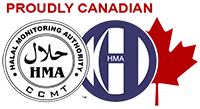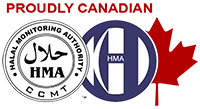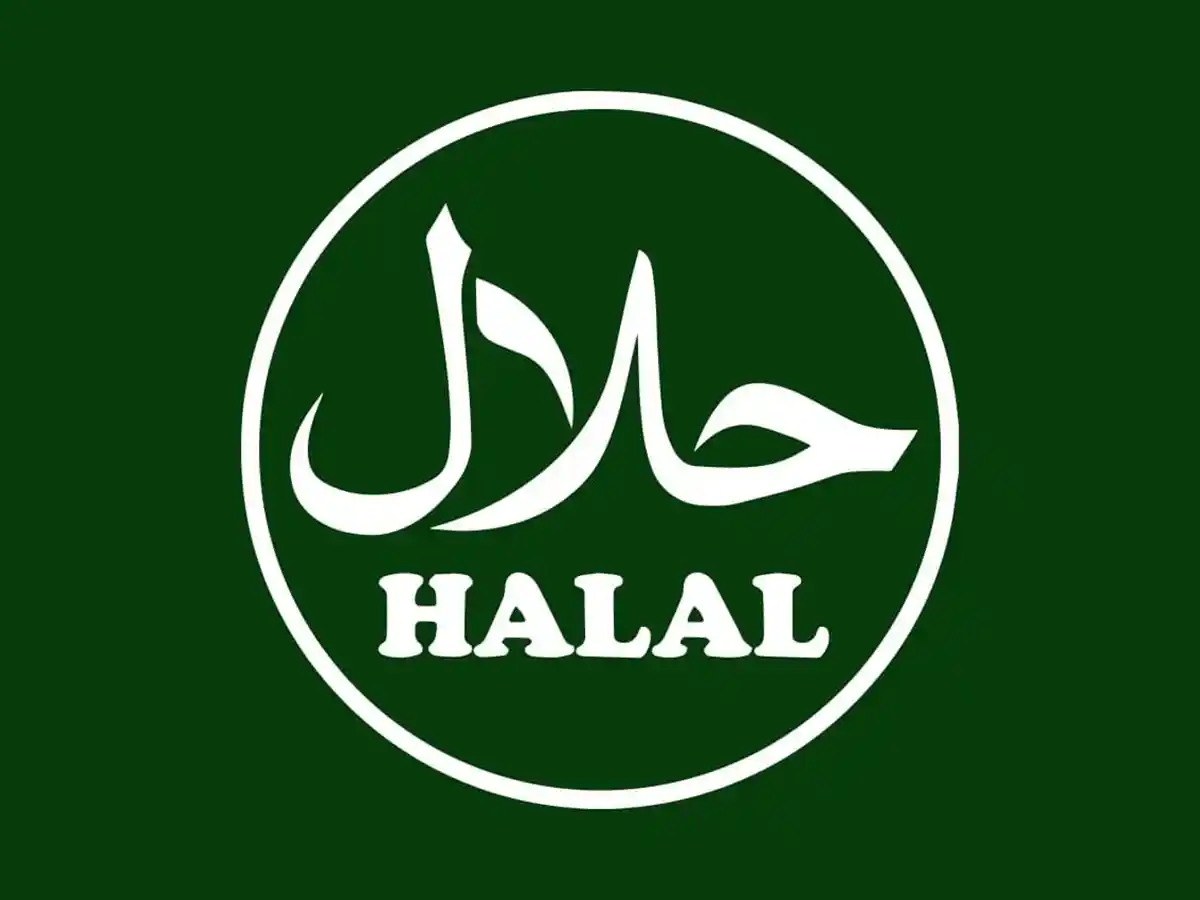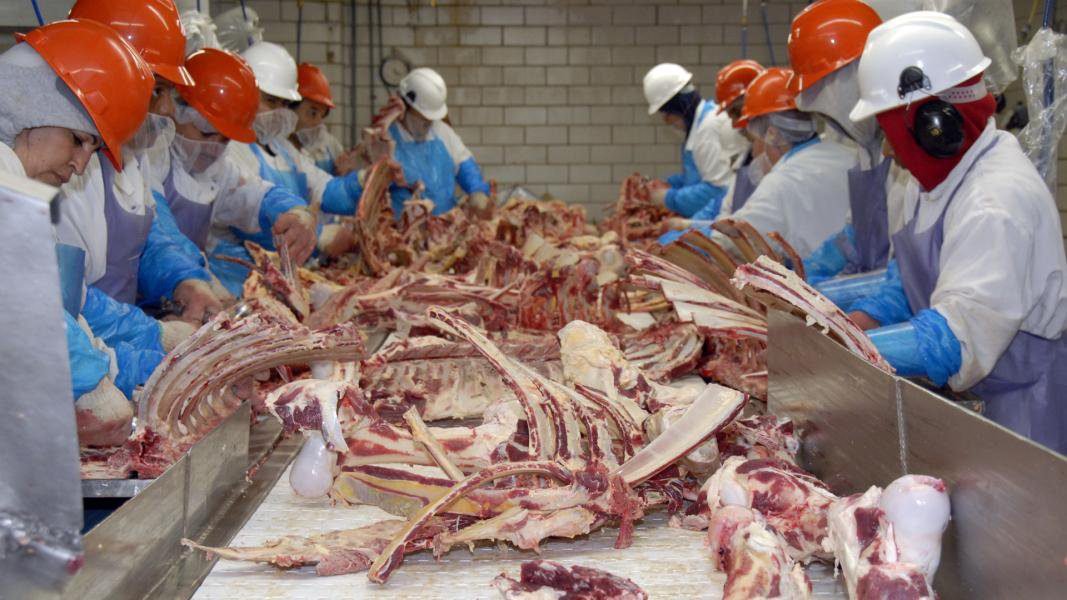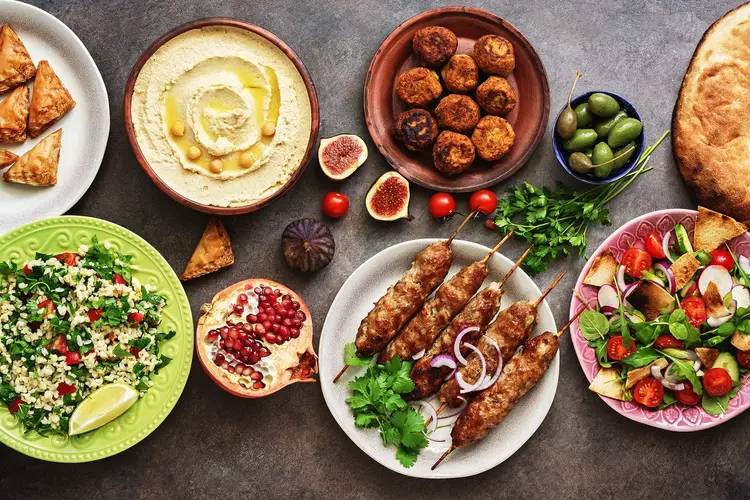The Toronto Star – CERTIFICATION OF `LAWFUL’ FOODS FOR MUSLIMS BEGAN ONE CHICKEN AT A TIME
Noor Javed
STAFF REPORTER
Mohammad Ashraf’s first foray into the world of halal certification began in 1975, when the microbiologist took orders to buy hundreds of chickens from neighbours in Burlington. He slaughtered them by hand, one by one.
“I did it for my own consumption, and for my friends’ use,” said Ashraf, now the secretary general of the Islamic Society of North America.
The society, a Canadian offshoot of an American organization, has been certifying meat across the country as halal, or “lawful” in Arabic, for 20 years.
“There was no certification process at the time. So I did it myself,” he said. “I always felt there was a need for a supervising body.”
Religious certification is a job provincial and federal agencies stay away from. That has paved the way for self-regulating certification agencies.
And they charge. ISNA’s fees depend on the size of business and whether travel is required. There is a one-time fee of $250 to $500, but annual expenses never exceed $2,000, said Ashraf.
The Halal Monitoring Authority, which began certifying food as halal in 2004, has come under fire from local businesses who say their rates are too high, and are putting a dent in their profits. Charges start at $13.50 an hour for slaughterhouses, abattoirs and meat processors, and the agency charges restaurants and butchers $75 to $150 a month.
The Kashruth Council of Canada, which certifies all kosher meat processed and sold in Toronto, charges a “supervision fee,” which includes the salary of the inspectors and the overhead costs on an hourly basis. A spokesperson for the council wouldn’t say how much it charges.
The Ontario Ministry of Agriculture, Food and Rural Affairs and the Canadian Food Inspection Agency monitor slaughterhouses for health and safety. But they don’t regulate or monitor what’s halal or kosher, or how much the groups charge.
In 1988, Ashraf began working to implement internationally recognized guidelines of Islamic slaughter in Canada, such as reciting a prayer before the slaughter, and ensuring the act inflicts the least possible pain on the animal.
Since then, the Muslim community has increased significantly, as has the need from consumers for an Islamic stamp of approval on their meat products. But increased demand has also brought forth different interpretations of what is halal and what isn’t.
The Halal Monitoring Authority was formed after a group of local imams inspected slaughterhouses and meat processing plants. After seeing shortcomings, the group approached ISNA to work together.
But ISNA adheres to rulings made by Islamic scholars that machine slaughter is acceptable in large-scale plants. Imam Yusuf Badat of the HMA, which has halal-certified almost 100 businesses in the GTA, says it “openly speaks out against machine slaughter” and “only allows for hand slaughter.”
For many in the community, it all boils down to trust, said Ashraf.
At Iqbal Halal Foods in Thorncliffe Park, which is monitored daily by the HMA, shoppers seem to follow this philosophy.
“I rely on the owners. If they tell me it’s halal, I take it as halal,” said Hossein Jamal, waiting to pick up his meat. “It is their duty to make sure it is.”
